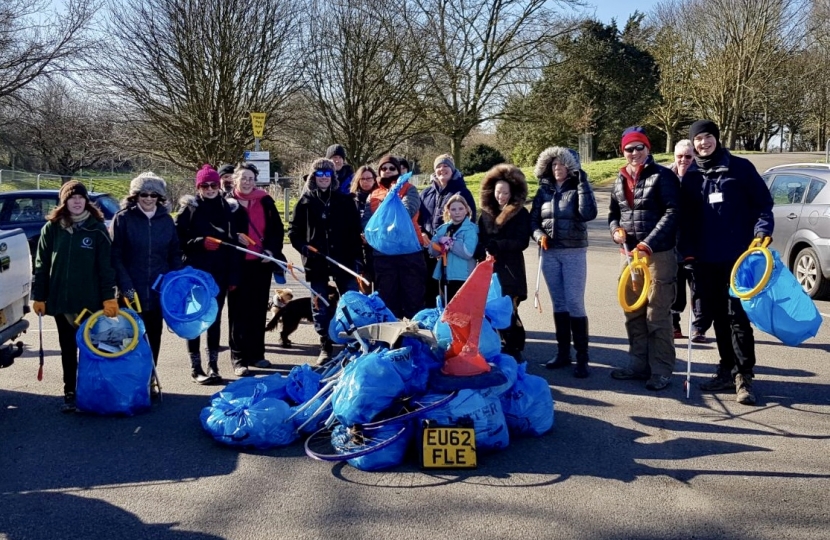
At the end of last week I spent a few days at the United Nations in New York as part of an assembly of international Parliamentarians. In the little we got to see of the outside world beyond the conference room the weather oscillated from glorious sunshine and 76F degrees one day to 42F and sleet the next. Yet the conference was not on climate change but on agreeing a Global Compact for Safe, Regular and Orderly Immigration.
This is obviously a big subject not just for the UK and Europe but globally. It is behind much of the work going on over Brexit and a regular issue to occupy the Hoes Affairs Select Committee of which I am a member. Globally an estimated 258 million people live outside their countries of birth, at least 50m of them not by choice due to civil war and natural disasters. Much of the talk at the conference was around how we need to manage the flows of people better and what benefits migrants can bring economically and culturally.
That is all true but failure to manage migration properly has led to a backlash in many countries leading to a rise in nationalistic extremism. It was particularly alarming to hear delegates from generally liberal countries like Sweden and Finland talking about being overwhelmed with migrants and failure to integrate. What was missing from much of the debate was discussion about the impact on home countries.
One of the first countries I visited as an MP was Ethiopia, then the world’s fourth poorest country. One of the things I was told was that there were more Ethiopian doctors in New York than in the whole of Ethiopia. So we were quite righty giving aid to one of the world’s poorest countries to train up much needed doctors only to see them pinched by one of the world’s richest. Sending remittances home to families in Ethiopia is no substitute for working in hospitals back in Ethiopia which are few and far between in any case, helping to grow a health service and paying taxes locally. The same goes for teachers, entrepreneurs and others who are needed to grow skills and the economy at home.
The UK and other countries have a proud record of giving safe haven to refugees genuinely escaping war and persecution and long may that continue. But for the sustainability of those usually poorer countries we need to help more to be able to stay at home in the first place or to return home when it is safe to do so if their skills are more desperately needed there. The compact that we discussed needs to take this on board as well as the need to make flows of migrants more manageable in the West
Before anyone decries a ‘junket’ I arrived back in the UK four hours late courtesy of Wamos Air (no I had never heard of it either) economy class and made it to the tail end of the Shoreham Beach Residents Association AGM looking rather the worse for wear! Well done to Joss Loader and her team for all they do to look after the interests of constituents on the Beach and thanks to retiring councillor Ben Stride for all his hard work over the last 10 years.
It was a rather jet lagged MP who then joined an excellent turnout of around 50 residents on Sunday morning at the litter pick around Brooklands organised by councillor Callum Buxton and the Friends of Brooklands. I was impressed by how little litter there actually was and very little dog pooh so let’s keep it up. Hopefully I will have recovered some sleep in time for Worthing’s inaugural UK Southern Book Show with a host of authors available at the Pavilion Theatre this Sunday from 9am – 6pm. See you there.
